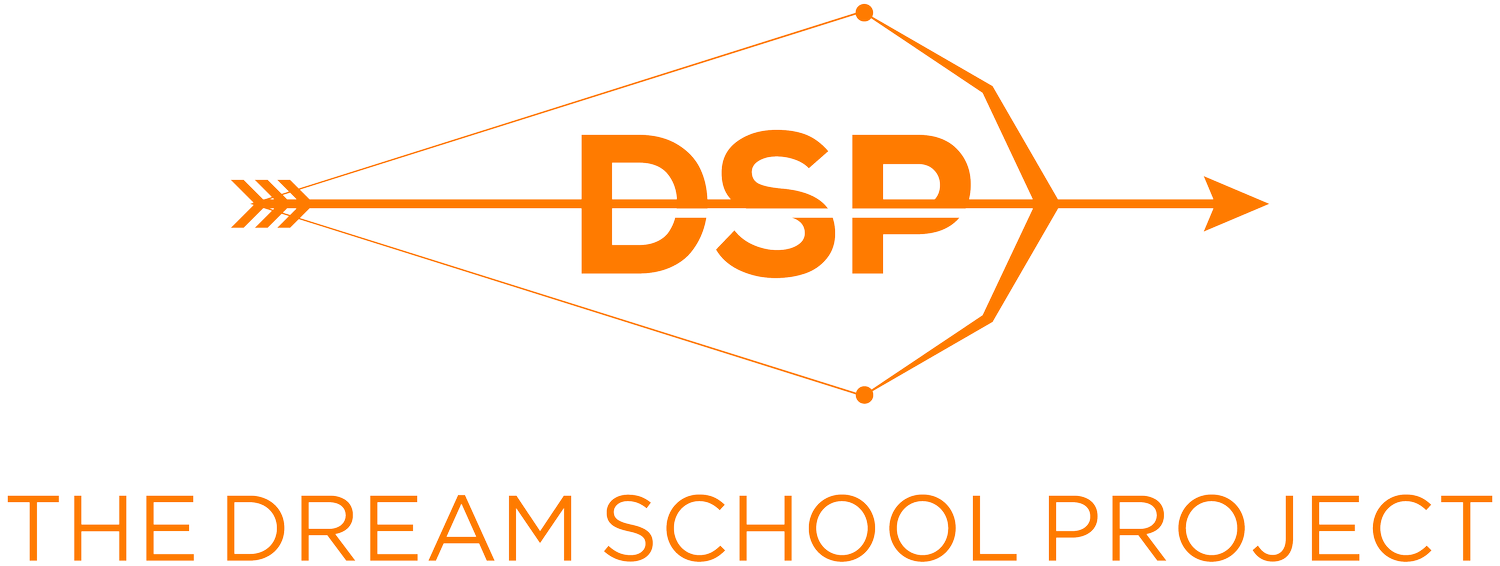Abe’s Personal Statement
Discover how this courageous student transformed the overwhelming struggles of managing ADHD in the midst of the COVID lockdown into profound empowerment and pride.
Lights off in my bedroom, blinds down, rain pounding against the steel roof. Face burrowed in my arms, blotting out the long list of “Missing” assignments boring through my laptop. The temptations of a quick raid in Destiny 2 or a few swipes through TikTok fire up my brain’s dorsal striatum.
Enough. Something needs to change.
Now.
Moments later, fishing rods gripped tightly against my handlebars, I ride with one purpose: Warner’s Pond. Already I can hear the sounds of water rushing over the rocks and bass blowing up baitfish in the lilies.
Thirty minutes later, I find myself on the bank, taking casts and focusing on my technique. My mind slowly begins drifting into an unfamiliar space. What is this? Why do I feel so at peace, with such clarity and cohesion within my thoughts? I begin reflecting on myself in ways I’ve never been able to before.
When I was diagnosed with ADHD in sixth grade, I became convinced that my brain was different from a “normal” person’s, that I would need external help to correct my condition.
For the longest time, I held this concept as truth, and it gradually pervaded every aspect of my life. Soon, I believed that my brain was inherently disadvantaged. The more this belief deepened, the more I relied on Concerta, the drug prescribed to “fix” me. I became so sure that it was my only shot at being a so-called normal kid.
At first, despite the horrible side effects, I persisted in trying to get my brain to conform. But soon, I could see that taking the drug was forcing me to undergo a day-by-day shift in personality; I became quieter, more anxious, far less outgoing. Something wasn’t right. Instead of learning how to grow as a person, I was letting a chemical take control of my mind just to get my work done.
It took me a couple of years to register what I was giving up by taking this medication: the essence of my individuality. Finally, I stopped, determined to develop my own sustainable solution designed around who I really am.
It wasn’t easy. The old symptoms returned—impulsivity, procrastination, the jumbled thoughts, all fighting for space in my head. For a while, I gave up on the idea that I’d ever live free from these challenges.
It was those fishing expeditions, however, that ultimately shifted my perspective. My newly discovered ability to achieve clarity, cohesion, and focus within my mind sparked something so profound within me. What if fishing itself could be the catalyst I’d been searching for?
Over the next few months, I conducted countless hours of self-reflection out on the water, evolving deeper understandings of what was important to me and why. Back at home, I picked up deep breathing exercises, therapeutic brain training, and meditation, all to simulate the same mental clarity I was able to achieve through fishing.
Through this process, I realized that my condition was neither something to fix nor suppress. I no longer think of ADHD as a learning disorder or a label. Rather, I now see the importance of recognizing and accepting the nature of our own brains and behavior. We each need to cultivate an environment designed around deep insight into ourselves. That’s why I founded the fishing club at my high school: so that students like myself with similar struggles may find a rewarding way to take control of their own lives and discover how to embrace their individuality.
Just imagine how empowered we would all be if modern society weren’t trying to fit us into boxes. Why should deviating from conformity be such a problem? In the end, we’re all unique. We all have egos, dreams, and faults that vary from person to person. So we’re allowed to call ourselves human. Instead of giving yourself up, choose to embrace your true essence—“faults” and all.
